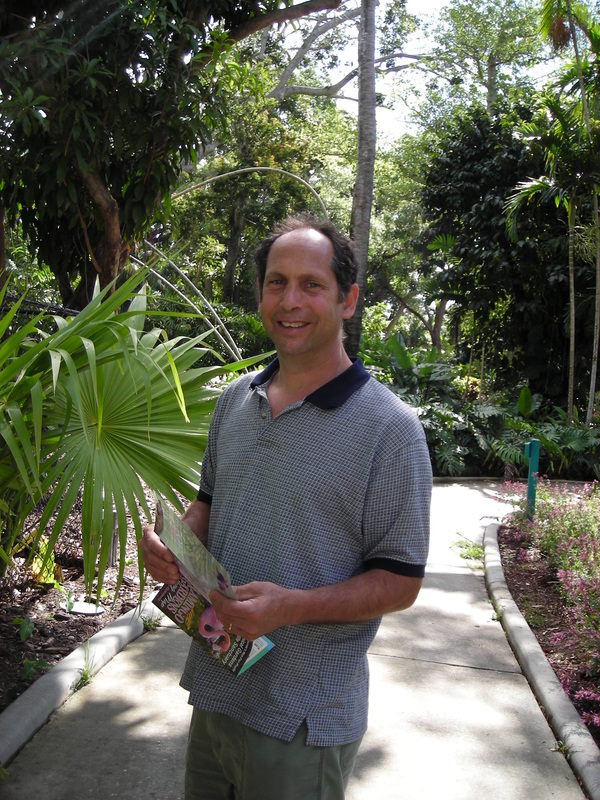Case 13 Tokusan Holds His Bowls
One day Tokusan went down toward the dining room, holding his bowls.
Seppõ met him and asked, "Where are you off to with your bowls? The bell has not rung, and the drum has not sounded." Tokusan turned and went back to his room.
Seppõ mentioned this to Gantõ, who remarked, "Tokusan is renowned, but he does not know the last word
Tokusan heard about this remark and sent his attendant to fetch Gantõ. "You do not approve of me?" he asked.
Gantõ whispered his meaning.
Tokusan said nothing at the time, but the next day he ascended the rostrum, and behold! he was very different from usual!
Gantõ, going toward the front of the hall, clapped his hands and laughed loudly, saying, "Congratulations! Our old man has got hold of the last word!
From now on, nobody in this whole country can outdo him!"
Mumon's Comment
As for the last word, neither Gantõ nor Tokusan has ever dreamed of it!
When you look into the matter, you find they are like puppets on the shelf!
Mumon's Verse
If you realize the first,
You master the last.
The first and the last
Are not one word.
Nice little story. Was this all a ploy to liven up the teaching of old man Tokusan? Maybe the story had passed around the monastery and all the monks were primed for a good talk. We need not spend much time thinking about this. This is not the heart of the koan. What is the heart is the koan is the question of the first and last word of Zen. This is what you must resolve for yourself.
Over the last many years I have had many experiences and many insights sitting zazen but I would find it difficult to classify any of these insights as a first or last word of Zen. If you have read much of this blog you will realize that I emphasize Zazen and Samadhi. But sometimes I emphasize insight into the non-dual. And then there is compassion and acting out of compassion. In making a deep commitment to the practice we take a series of vows which are encapsulated in the Three Pure Vows.
Not to commit evil
Do all that is good
Keep one's thought pure.
Maybe these are the first and last words.
And then the Buddha emphasized such teachings as non-attachment, no desire, interdependent causation. I could go on and on. The teachings are infinite. Every experience can become a teaching. How can we possibly say there is a first or last word. Our head spins as we try to think out this koan.
This koan is not about thinking out an answer. We must always return to zazen to understand a koan. I have a student who came to me. She was a committed practitioner who had been doing sesshins with a Soto Zen teacher in a distant city. She was preparing to do a Jukai (a ceremony in which vows are taken and the student receives a dharma name and a rakasu) In preparation for the Jukai she was asked to read various books on the vows. When she came to me as a student she had not yet completed her preparations for the Jukai but now wanted me to do the Jukai ceremony. I told her that I was not going to have her read anything or discuss any doctrine, I told her that I just wanted her to up her commitment to the practice of zazen and that I would individually work with her on her zazen. Zazen is the foundation of our practice, the source of the wisdom of the Buddha, patriarchs and teachers in our lineage. But this is not just the zazen that most of us do. This deep zazen, which is that source, is not filled with thoughts but deeply quiet. As Mumon tells us in his closing poem, " The first and last are not one word."
Can you enter this place of not one word, where the past and the future are forgotten, where there is no seperation between inside and outside, self and others, where concepts are forgotten, and yet the mind is absolutely clear to see the world as it truly is? This is why we practice zazen.
Case 13 Tokusan Holds His Bowls 十三 徳山托鉢
徳山、一日托鉢下堂。
One day Tokusan went down toward the dining room, holding his bowls.
見雪峰問者老漢鐘未鳴鼓未響、托鉢向甚處去、山便回方丈。
Seppõ met him and asked, "Where are you off to with your bowls? The bell has not rung, and the drum has not sounded." Tokusan turned and went back to his room.
峰擧似巖頭。 頭云、大小徳山未會末後句。
Seppõ mentioned this to Gantõ, who remarked, "Tokusan is renowned, but he does not know the last word."
山聞令侍者喚巖頭來、問曰、汝不肯老僧那。
Tokusan heard about this remark and sent his attendant to fetch Gantõ. "You do not approve of me?" he asked.
巖頭密啓其意。
Gantõ whispered his meaning.
山乃休去。明日陞座、果與尋常不同。
Tokusan said nothing at the time, but the next day he ascended the rostrum, and behold! he was very different from usual!
巖頭至僧堂前、拊掌大笑云、且喜得老漢會末後句。
Gantõ, going toward the front of the hall, clapped his hands and laughed loudly, saying, "Congratulations! Our old man has got hold of the last word!
他後天下人、不奈伊何。
From now on, nobody in this whole country can outdo him!"
Mumon's Comment
無門曰、若是未後句、巖頭徳山倶未夢見在。
As for the last word, neither Gantõ nor Tokusan has ever dreamed of it!
撿點將來、好似一棚傀儡。
When you look into the matter, you find they are like puppets on the shelf!
Mumon's Verse 頌曰
識得最初句 If you realize the first,
便會末後句 You master the last.
末後與最初 The first and the last
不是者一句 Are not one word.

 RSS Feed
RSS Feed